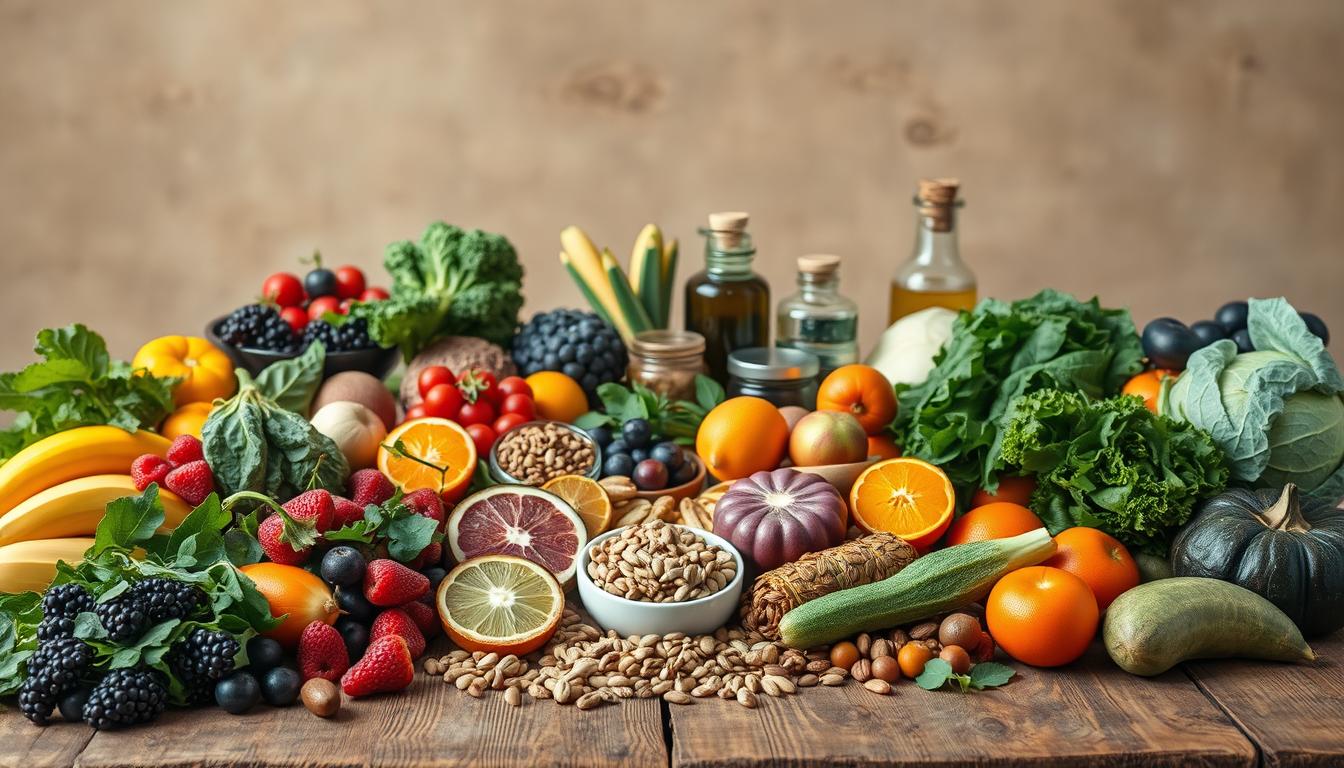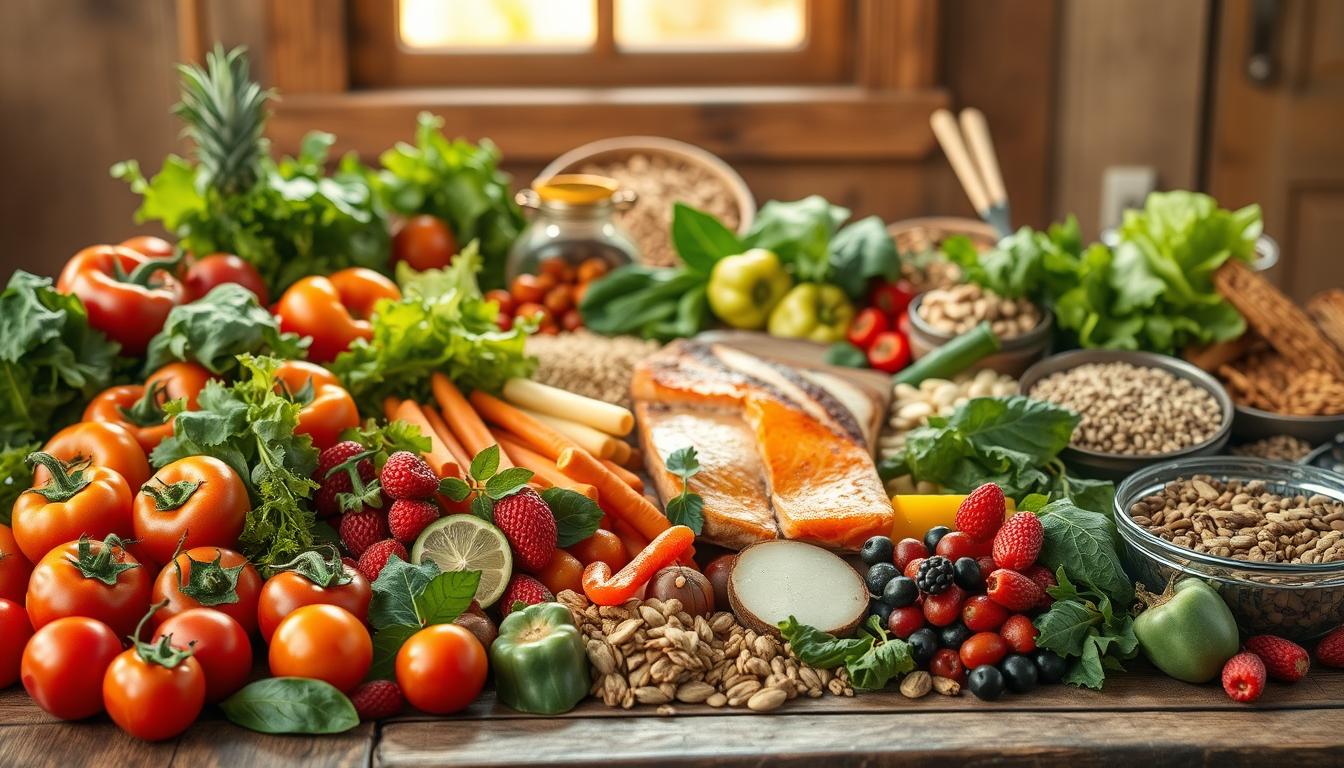Category
Recent Posts
Recent Comments
Archives
Shop Categories
-
 Baby & Maternity22 products
Baby & Maternity22 products -
 Beauty & Health22 products
Beauty & Health22 products -
 Books & Media22 products
Books & Media22 products -
 Cell Phones & Accessories11 product
Cell Phones & Accessories11 product -
 Colors11 product
Colors11 product -
 Digital Products22 products
Digital Products22 products -
 Featured44 products
Featured44 products -
 Fun11 product
Fun11 product -
 Health & Household33 products
Health & Household33 products -
 Jewelry & Accessories22 products
Jewelry & Accessories22 products -
 Kids' Fashion11 product
Kids' Fashion11 product -
 Preschool Learning11 product
Preschool Learning11 product -
 Sports & Outdoors33 products
Sports & Outdoors33 products -
 Toys & Games22 products
Toys & Games22 products -
 Most Popular66 products
Most Popular66 products -
 New Arrival55 products
New Arrival55 products -
 On Sale77 products
On Sale77 products
Popular
-
 Free Parenting Journey Planner: Doctor Visits & Baby Prep
Free Parenting Journey Planner: Doctor Visits & Baby Prep
5.00 $Original price was: 5.00 $.0.00 $Current price is: 0.00 $. -
 Top 10 Preschool Coloring Book Bundle
Top 10 Preschool Coloring Book Bundle
50.00 $Original price was: 50.00 $.14.99 $Current price is: 14.99 $. -
 86pcs/set Elegant Retro Earrings, Multi-layer Necklace, Earrings, Rings, Four-in-one Multi-piece Jewelry Set for Women, Ideal for Daily Outing, Commuting, Mother's Day, Valentine's Day Gifts, No Box
Rated 5.00 out of 5
86pcs/set Elegant Retro Earrings, Multi-layer Necklace, Earrings, Rings, Four-in-one Multi-piece Jewelry Set for Women, Ideal for Daily Outing, Commuting, Mother's Day, Valentine's Day Gifts, No Box
Rated 5.00 out of 514.99 $Original price was: 14.99 $.4.17 $Current price is: 4.17 $. -
 Smiling in the Sky Kite with Free Flying String - Durable Polyester, Mixed Colors, Perfect for Outdoor Fun
Rated 5.00 out of 5
Smiling in the Sky Kite with Free Flying String - Durable Polyester, Mixed Colors, Perfect for Outdoor Fun
Rated 5.00 out of 56.99 $Original price was: 6.99 $.1.35 $Current price is: 1.35 $. -
 Chic Girls' Summer Outfit Set: Strawberry Embroidered Off-Shoulder Top & Heart Belted Shorts - Breathable Polyester, Machine Washable, Perfect for Outdoor
Rated 5.00 out of 5
Chic Girls' Summer Outfit Set: Strawberry Embroidered Off-Shoulder Top & Heart Belted Shorts - Breathable Polyester, Machine Washable, Perfect for Outdoor
Rated 5.00 out of 519.89 $Original price was: 19.89 $.6.39 $Current price is: 6.39 $. -
 1pc Frameless Oversized Gradient Fashion Glasses for Women, Polygonal Metal Hinge, PC Lens, Fashionable UV Protection Eyewear for Outdoor Activities
Rated 5.00 out of 5
1pc Frameless Oversized Gradient Fashion Glasses for Women, Polygonal Metal Hinge, PC Lens, Fashionable UV Protection Eyewear for Outdoor Activities
Rated 5.00 out of 53.47 $Original price was: 3.47 $.2.05 $Current price is: 2.05 $.
Tag Clouds

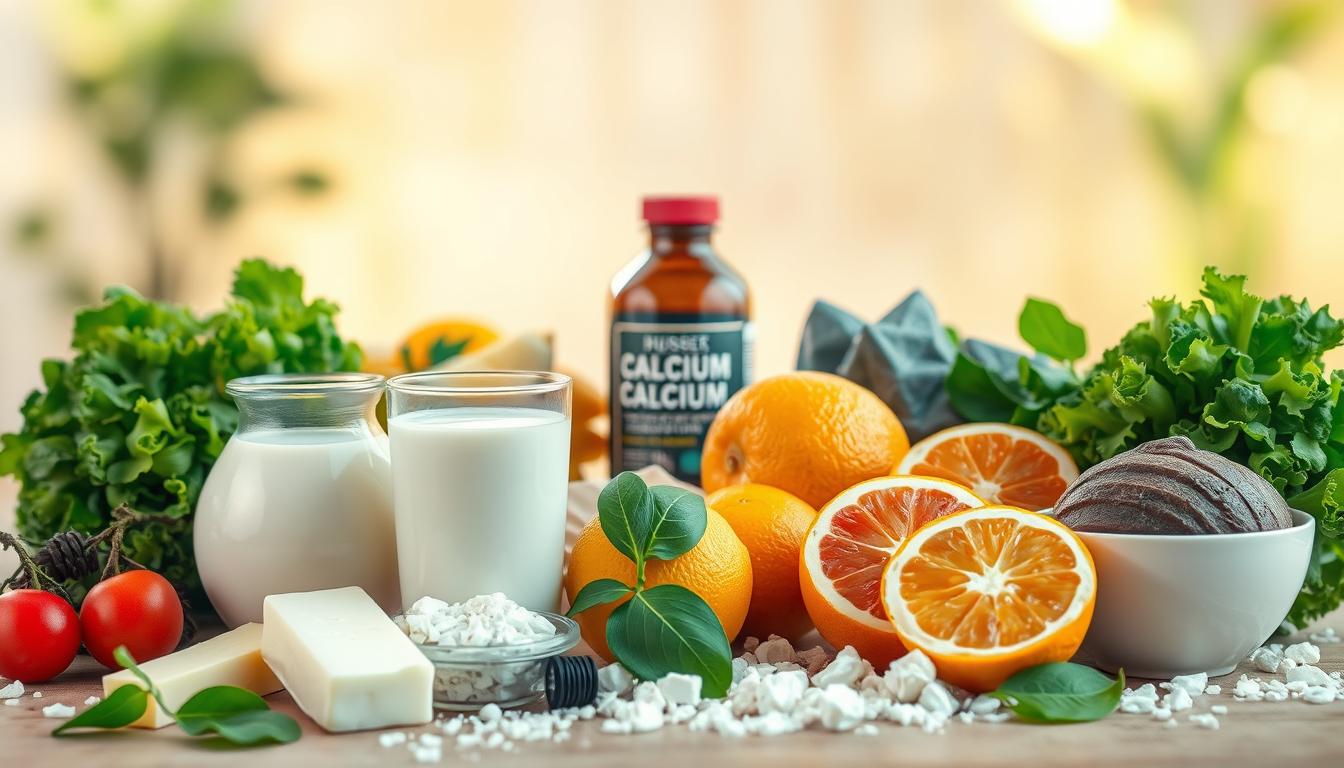
Have you ever wondered why some people have strong bones all their lives? Others might get fractures or osteoporosis. It’s important to know how to keep your bones strong with the right food and calcium.
This article will show you how nutrients, lifestyle, and habits help your bones stay strong. Starting your journey to stronger bones is easy.
- Strong nutrition is key to maintaining robust bones.
- Calcium plays a critical role in bone density and strength.
- Adequate vitamin D is essential for calcium absorption.
- Regular exercise contributes significantly to bone health.
- Healthy lifestyle choices can prevent bone-related issues.
- Understand the importance of varied nutrients beyond just calcium.
Importance of Strong Bones
Strong bones are key for your health. They give your body shape and support. They also protect your organs and help you move.
Bad bone health can cause serious problems. Osteoporosis is one, making bones break easily. Taking care of your bones early helps keep them strong as you get older.
Preventing bone problems is important. Eating right and exercising can make your bones strong. This helps avoid osteoporosis.
Understanding Bone Health
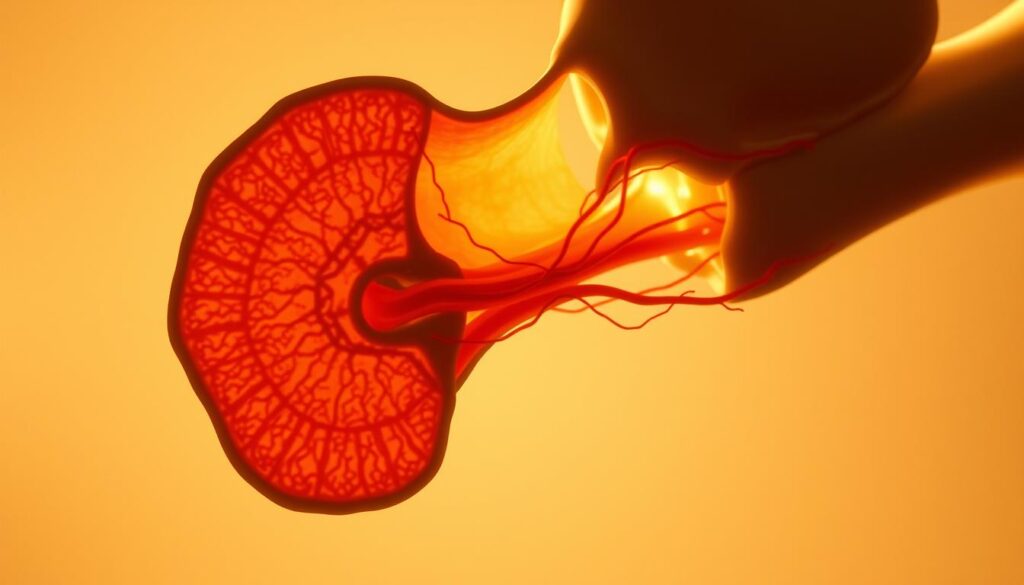
Bones are not just static; they change all the time. This change is called bone remodeling. It’s a balance between making new bone and breaking down old bone. This keeps bones strong.
By the time you’re 30, your bones are at their strongest. This is why it’s important to take care of your bones when you’re young. Strong bones mean fewer chances of breaking them later.
What you eat and how you move matter a lot. Eating foods with calcium and vitamin D helps your bones. Exercise also makes bones stronger. Learning about bone health helps you keep your bones strong for life.
Calcium Essentials for Strong Bones
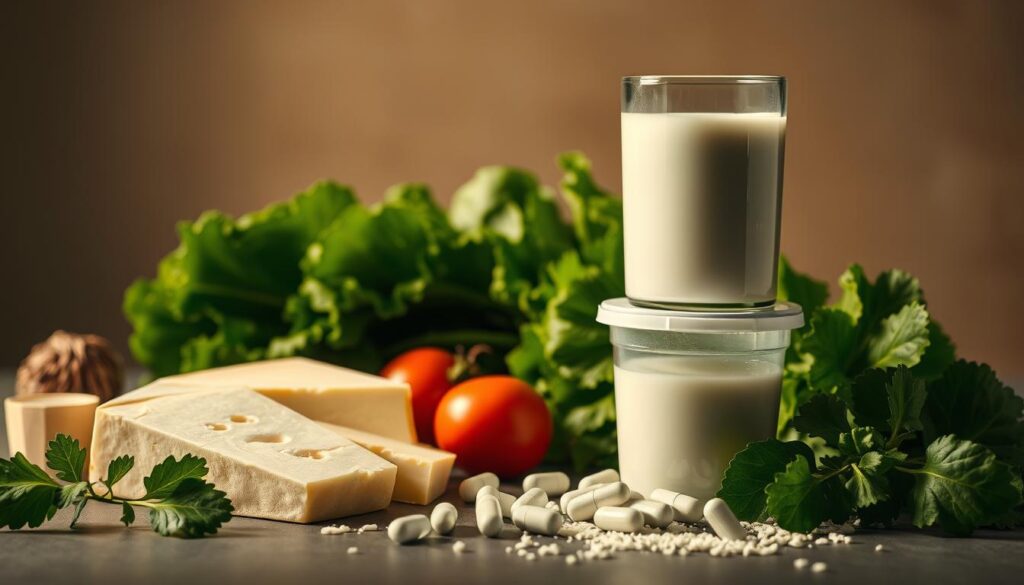
Calcium is key for strong bones and good bone health. Eating foods rich in calcium is important. Dairy like milk, cheese, and yogurt are great sources. Leafy greens like kale and bok choy also help a lot.
If you can’t have dairy, try fortified foods like almond milk or orange juice. Fish like canned salmon and sardines are tasty and full of calcium too.
How much calcium you need changes with age and gender. Adults need about 1,000 mg a day. Women over 50 and men over 70 might need 1,200 mg to keep bones strong.
Eating enough calcium makes your bones strong and lowers osteoporosis risk. Choosing the right foods helps keep your bones healthy for the future.
Vitamin D: The Bone Strengthening Nutrient

Vitamin D is key for strong bones. It helps your body use calcium. Without enough vitamin D, your bones can get weak.
Your body makes vitamin D when you’re in the sun. But, you can also get it from food. Here are some foods with vitamin D:
- Fatty fish, such as salmon and mackerel
- Fortified dairy products and plant-based milk
- Egg yolks and certain mushrooms
Everyone needs vitamin D, no matter their age. Adults should get 600 to 800 IU every day. Some people might need more, like older adults or those who don’t get much sun.
Using vitamin D helps your bones stay strong. It also lowers the chance of breaking bones. So, getting enough vitamin D is very important for your bones.
Bone Health and Aging
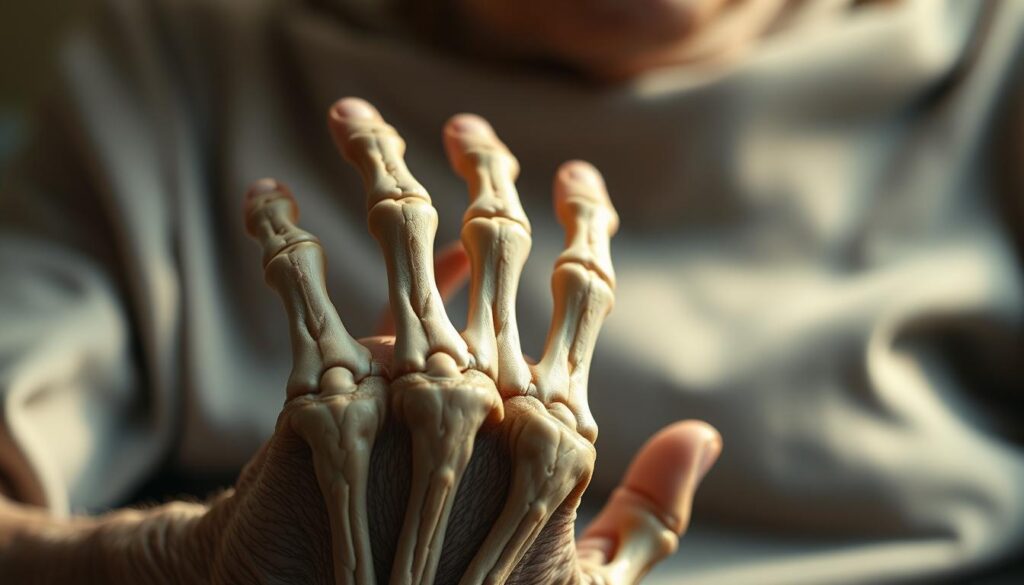
Aging affects your bone health and aging a lot. As you get older, your bones might lose mass faster than they can grow back. This can make you more likely to get osteoporosis, which is a big worry for women after menopause.
It’s key to know what makes your bones healthy for healthy aging. Doing things to help your bones can keep them strong. Going to the doctor regularly helps check your bone health. Eating right, with enough calcium and vitamin D, is also very important.
Here are some tips to help your bones as you age:
- Do exercises that make your bones stronger.
- Eat foods that are good for your bones, like those with calcium and vitamin D.
- Drink less alcohol and don’t smoke.
By making these changes, you can help keep your bones healthy and lower your osteoporosis risk as you get older.
Strong Bones for Life: Nutrition & Calcium Essentials
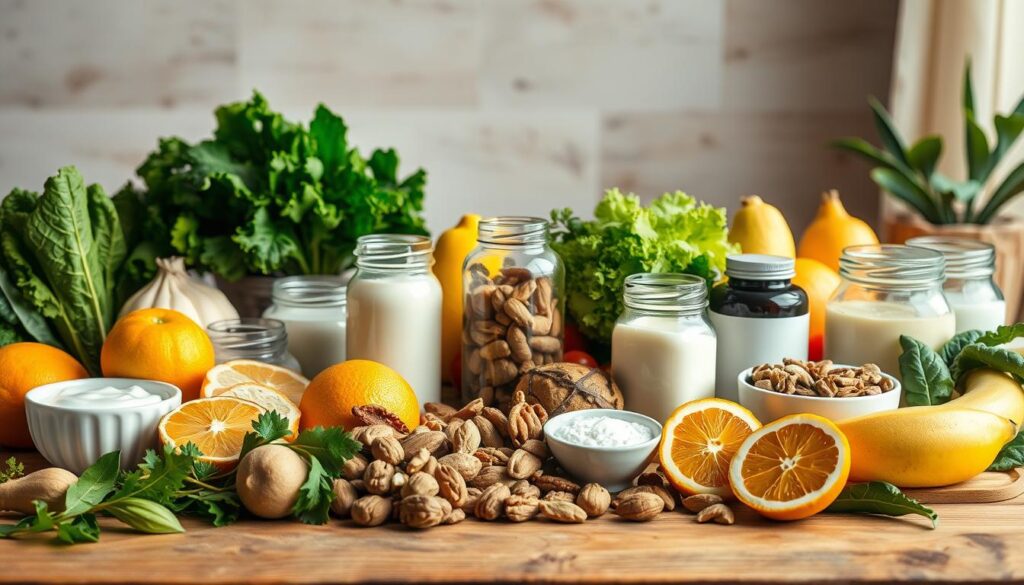
To have strong bones for life, eating right is key. Eating a diet full of important nutrients is vital for your bones. Foods like dairy, leafy greens, and fish are great for getting enough calcium.
Don’t forget about other important nutrients like magnesium, phosphorus, and vitamin D. They help build and keep bones strong. Eating a balanced diet does more than just meet calcium needs. It helps keep your bones healthy overall.
- Fruits and vegetables rich in vitamins and minerals.
- Lean proteins that help muscles grow strong.
- Whole grains for energy and fiber.
Being active is also key for strong bones. Activities like walking, jogging, or lifting weights are great. They make your bones stronger and improve your fitness.
By eating right and staying active, you set a strong foundation for your bones. This helps keep them healthy for a long time.
The Role of Exercise in Bone Strength

Regular physical activity is key to keeping bones strong. It helps make bones denser. Doing exercises that make bones stronger also boosts your health.
Weight-bearing activities are great for bones. They make you work against gravity. This makes bones get stronger.
- Walking or hiking
- Dancing
- Jogging or running
- Jumping rope
- Playing sports like basketball or tennis
Resistance training is also good for bones. It uses weights or bands to make muscles work. This helps bones grow stronger and muscles get stronger too.
Try to do at least 150 minutes of exercise a week. Mix weight-bearing and resistance exercises. This helps keep bones healthy for life.
Osteoporosis Prevention Strategies

Osteoporosis is a big health worry. It can cause bones to break and make life less enjoyable. You can do many things to help prevent osteoporosis. Knowing what increases your risk is key to keeping your bones strong.
Eat foods full of calcium and vitamin D to help your bones. Leafy greens, dairy, and fatty fish are good choices. Exercise is also very important for your bones. Try weight-bearing, strength, and balance exercises to help your bones.
What you do every day also matters for your bones. Don’t smoke because it weakens bones. Drinking too much alcohol can also hurt your bone health. Knowing your risk factors, like family history and age, helps you take better care of your bones.
Using these tips can make your bones stronger and improve your health. Being proactive can greatly reduce your chance of getting osteoporosis.
Bone-Building Nutrients Beyond Calcium
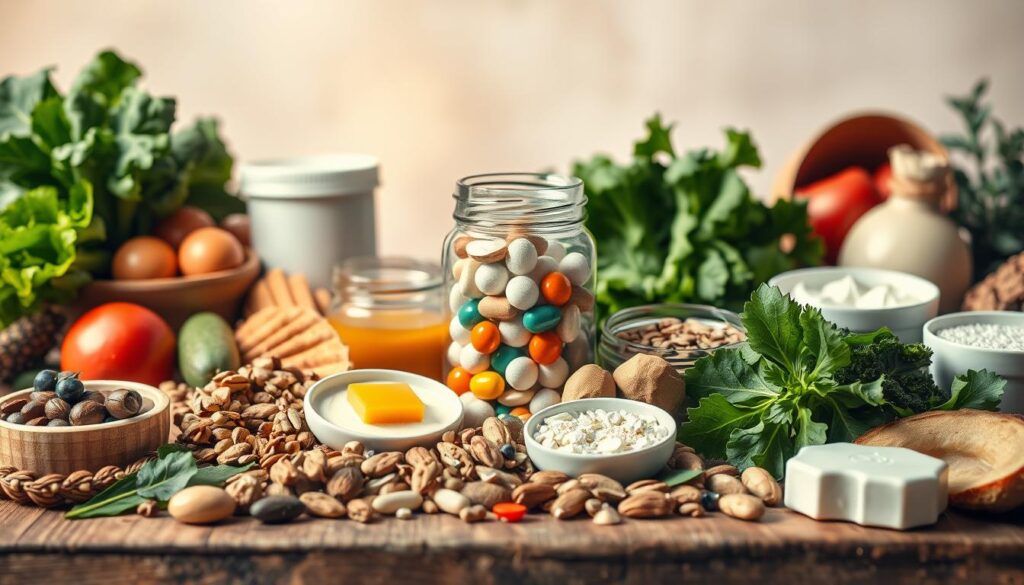
Calcium and vitamin D are key for strong bones. But, other bone-building nutrients are also vital. Magnesium, phosphorus, and vitamin K help keep bones strong.
Magnesium helps turn vitamin D into a form your body can use. It also helps control calcium in your bones. You can find magnesium in nuts, seeds, whole grains, and leafy greens.
Vitamin K is important for bone health. It helps bind calcium in bones, making them denser. You can get vitamin K from kale, spinach, and fermented foods.
Phosphorus is also important, even if it’s not as well-known as calcium. It works with calcium to keep bones strong. Foods rich in phosphorus include dairy, meat, and legumes.
Don’t just focus on these nutrients. A wide variety of foods in your diet is key. This ensures you get all the mineral supplements your body needs. Eating a diverse diet helps your bones and overall health.
Healthy Lifestyle Choices for Strong Bones

Your journey to strong bones starts with smart choices. Eating right is key for bone health. Foods high in calcium and vitamin D are very important.
Exercise is also vital for strong bones. Activities like walking, running, and lifting weights help a lot. Try to do these often to grow bone density.
Bad habits like smoking and too much alcohol harm bones. Stay away from these to keep bones strong. Instead, choose good habits for strong bones.
Living a healthy life means managing stress, sleeping well, and staying connected. These things help your overall health. Together, they build a strong base for a healthy lifestyle and strong bones.
Starting your journey to strong bones is just the first step. It’s a lifelong promise to keep your bones healthy. Strong bones help you stay active and enjoy life, like hiking or playing with grandkids.
Eating right, exercising, and living healthy are key. They help keep your bones strong and dense. This is important for your overall health.
Make sure to get enough calcium and vitamin D. These nutrients are vital for your bones. Also, doing exercises that make your bones stronger is a big help.
Every choice you make today helps your bones. Adding healthy foods or exercising regularly makes a big difference. So, start taking care of your bones now. This will help you stay strong and healthy as you get older.
FAQ
Why is calcium important for bone health?
How can I ensure I get enough vitamin D?
What types of exercises help improve bone strength?
What dietary sources are rich in calcium?
How does aging affect my bone health?
What are strong bones tips for healthy aging?
Are there other nutrients that support bone health?
How can I improve my calcium absorption?
What lifestyle choices impact bone health?
What is osteoporosis, and how can I prevent it?
Written by lana saleh
Leave a Reply Cancel reply
You must be logged in to post a comment.
Best offers
Join Risk Free
Subscribe Now
100% Safe
Secure Shopping
24x7 Support
Online 24 hours
Best Offers
Grab Now
Free Shiping
On all order over
Know Us

Your go-to online destination for inspiration, guidance, and resources across various aspects of daily living, covering topics like wellness, style, home, relationships, personal development, and more, all aimed at helping you cultivate a fulfilling and intentional life
Read MoreRecent Posts

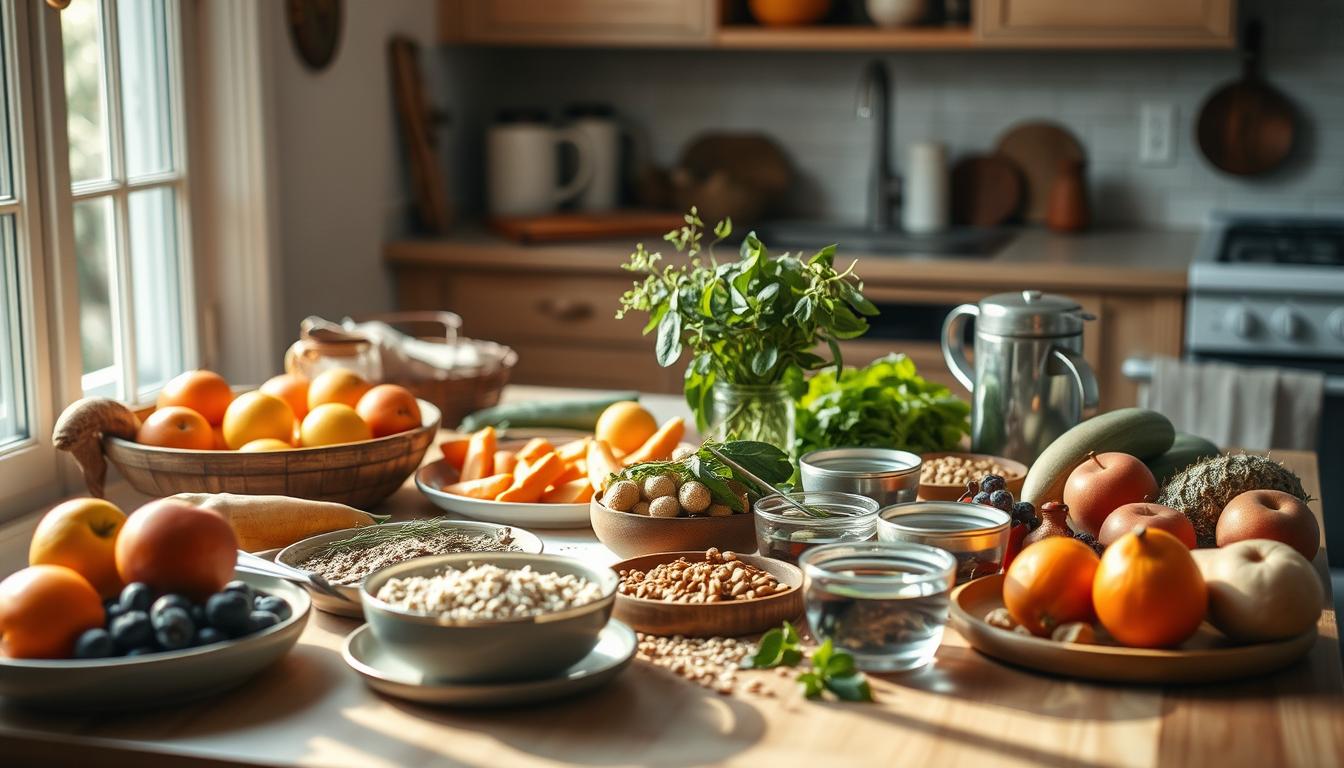
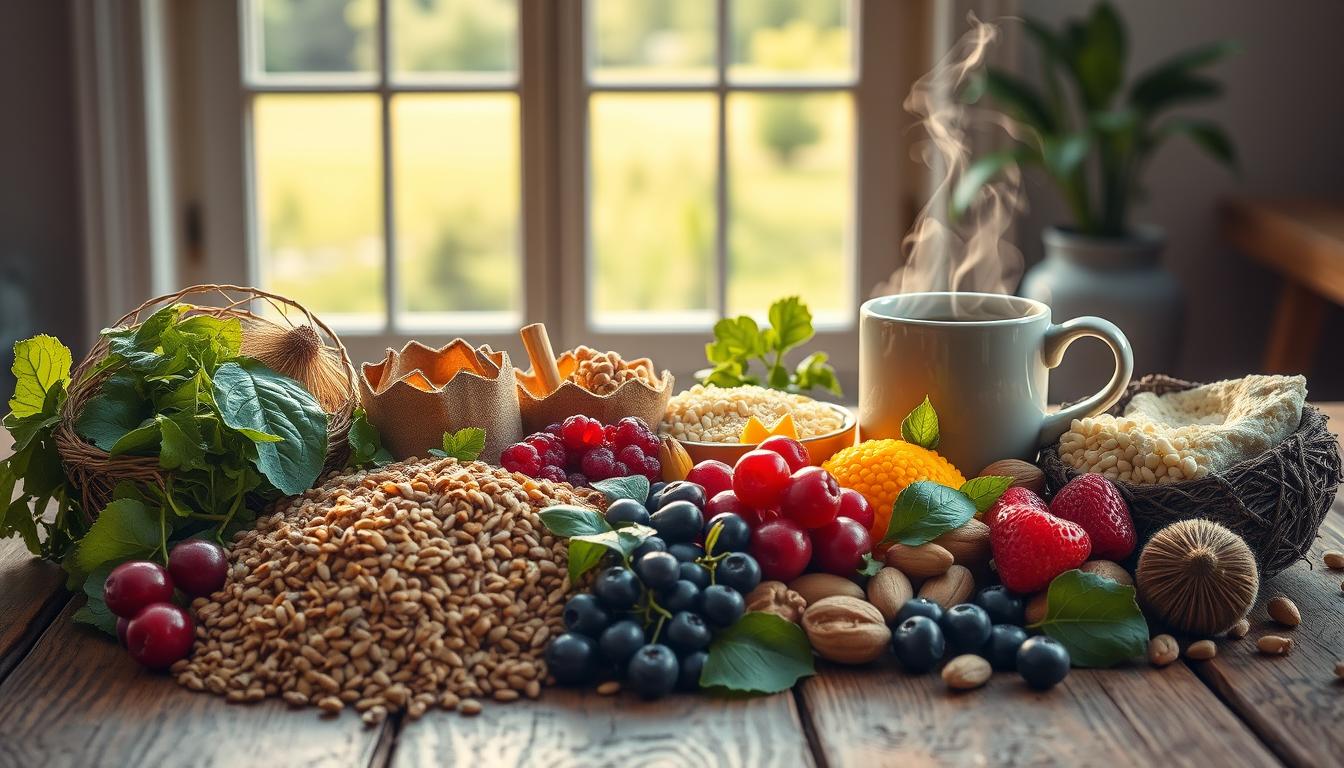
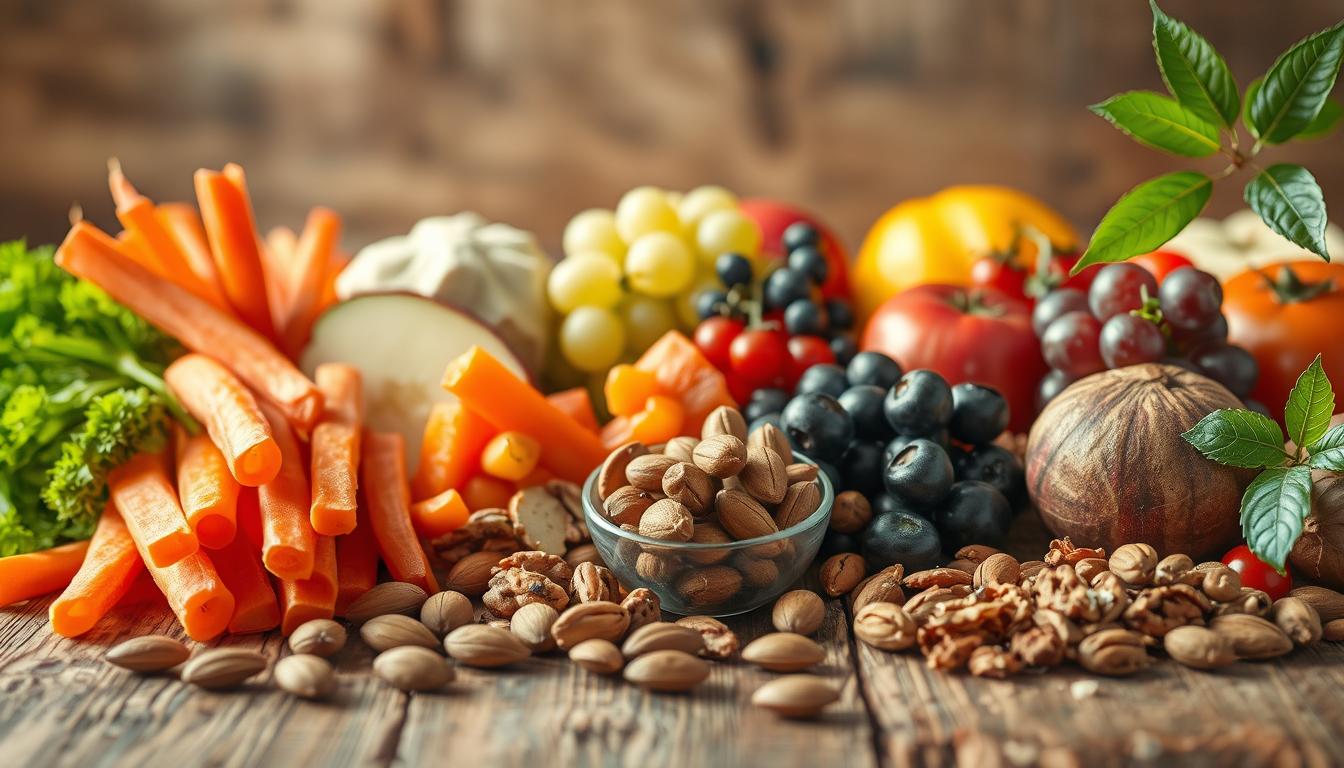



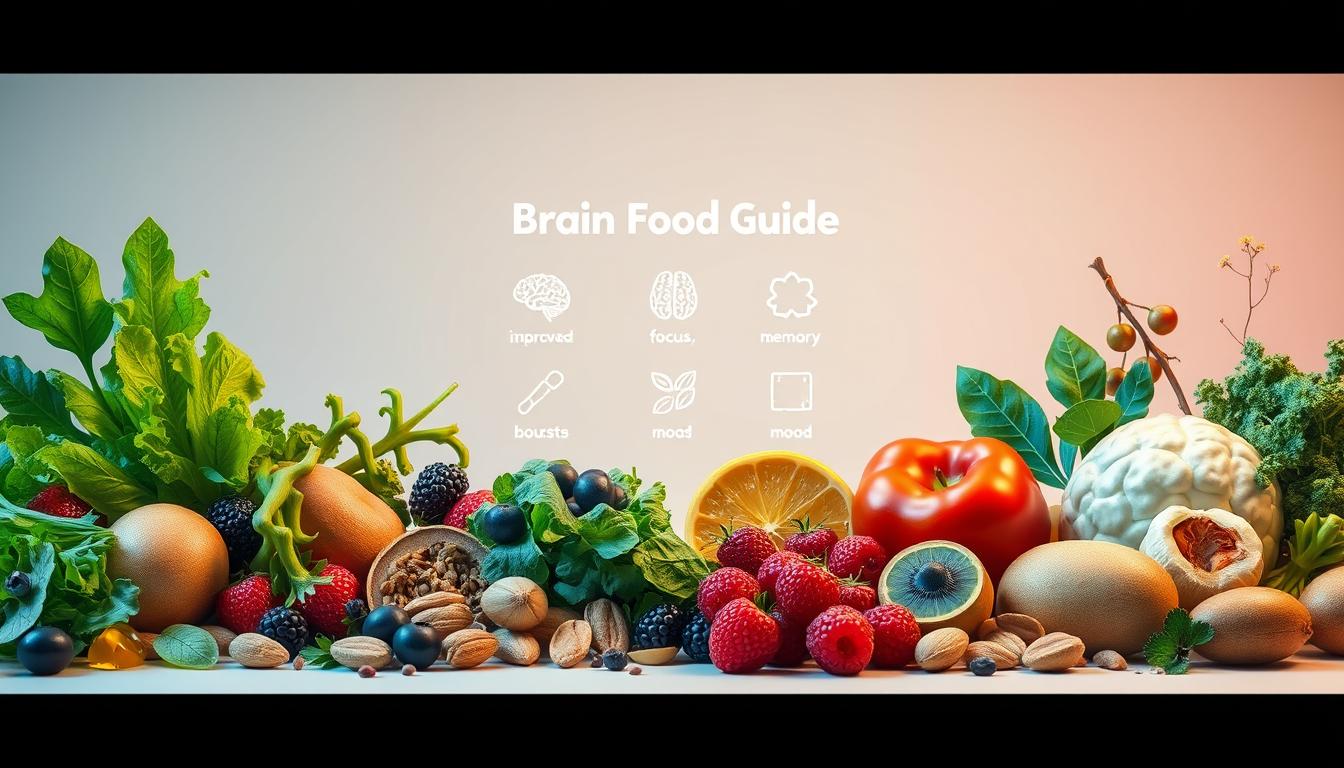



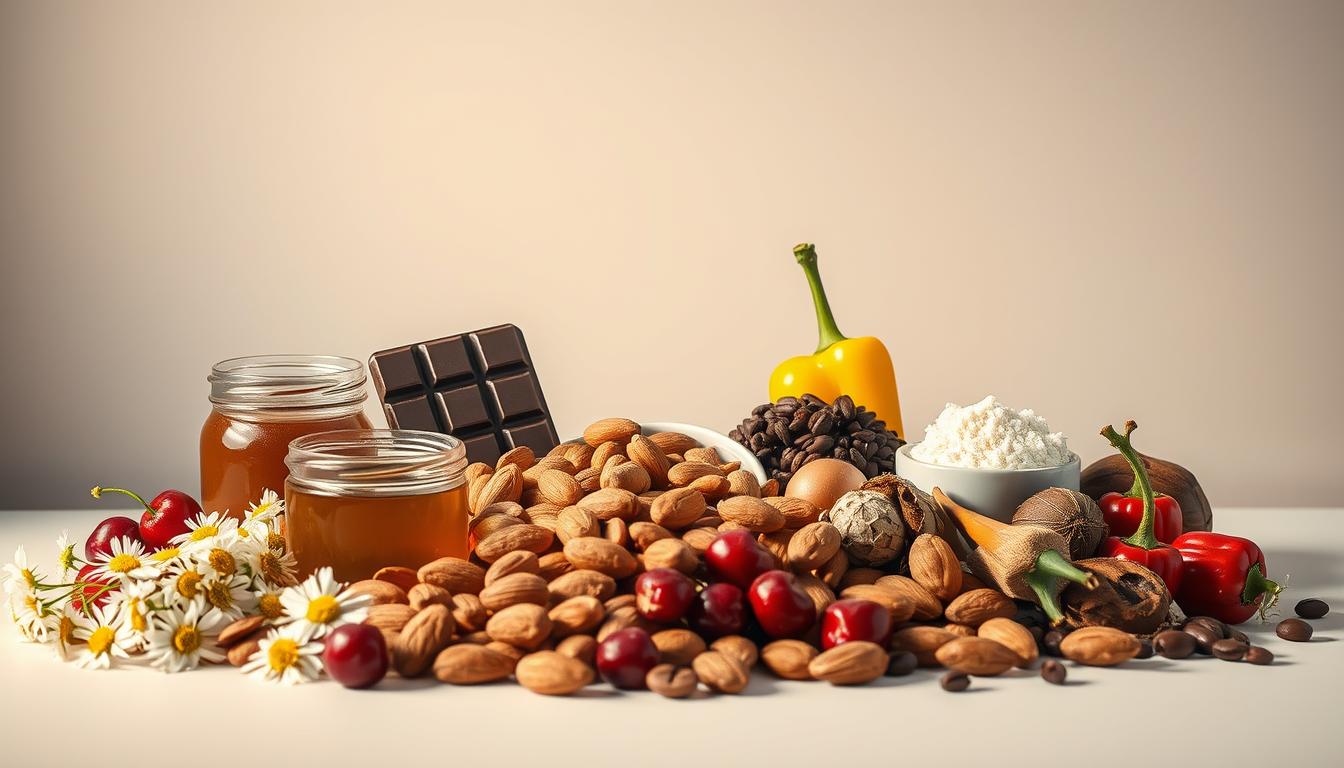


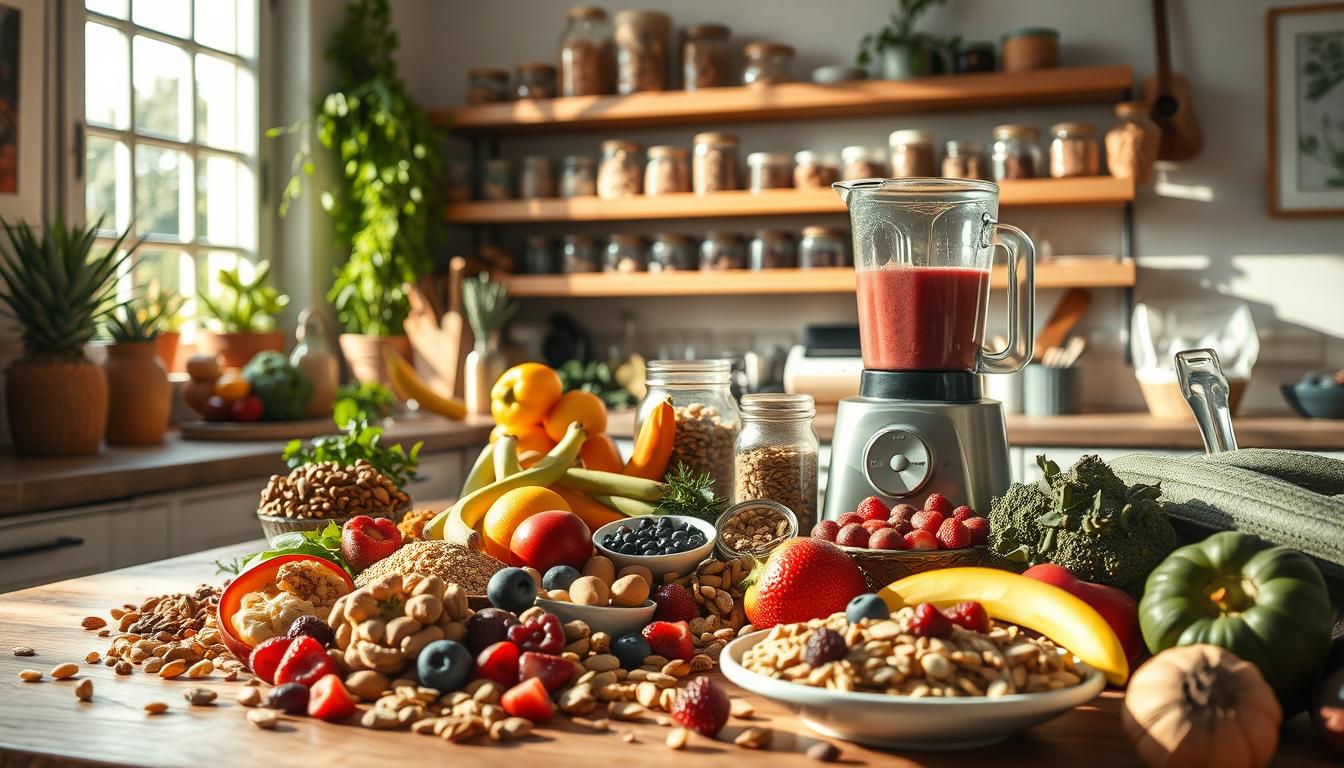


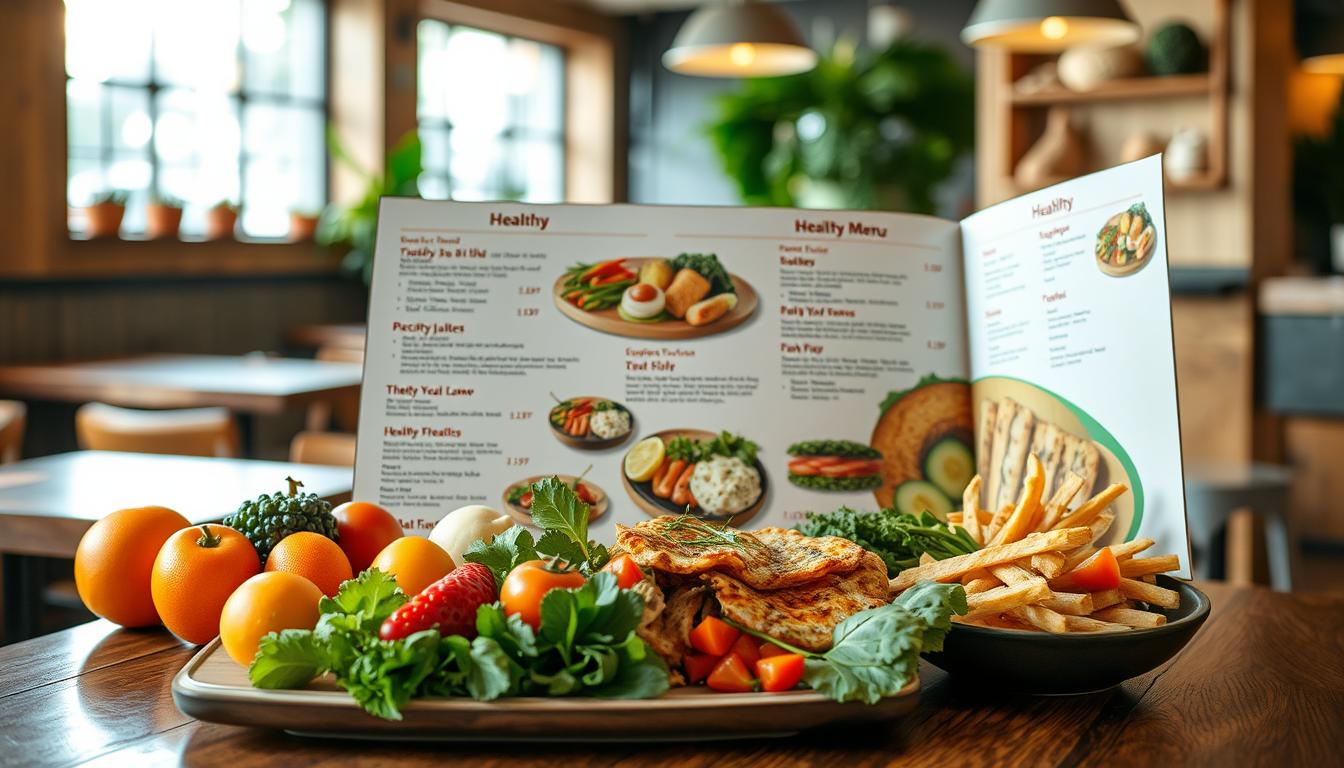
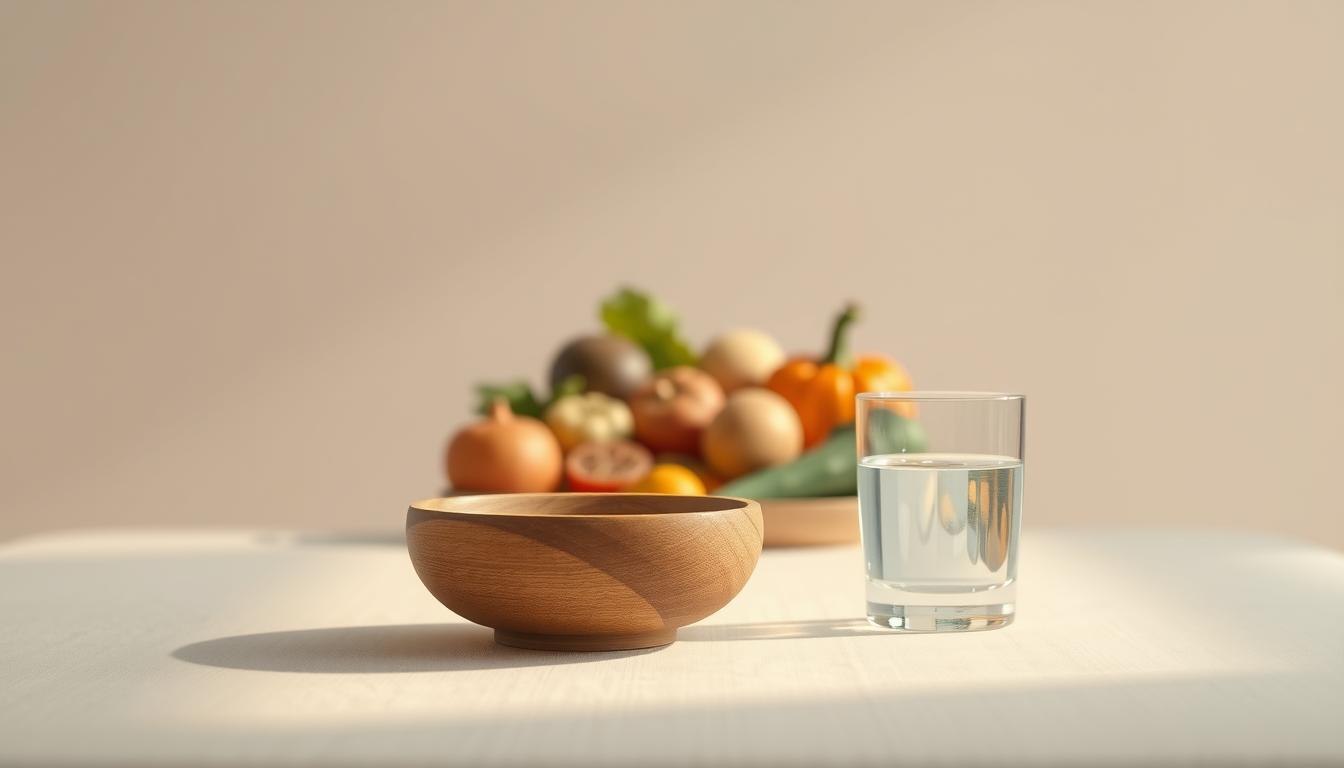

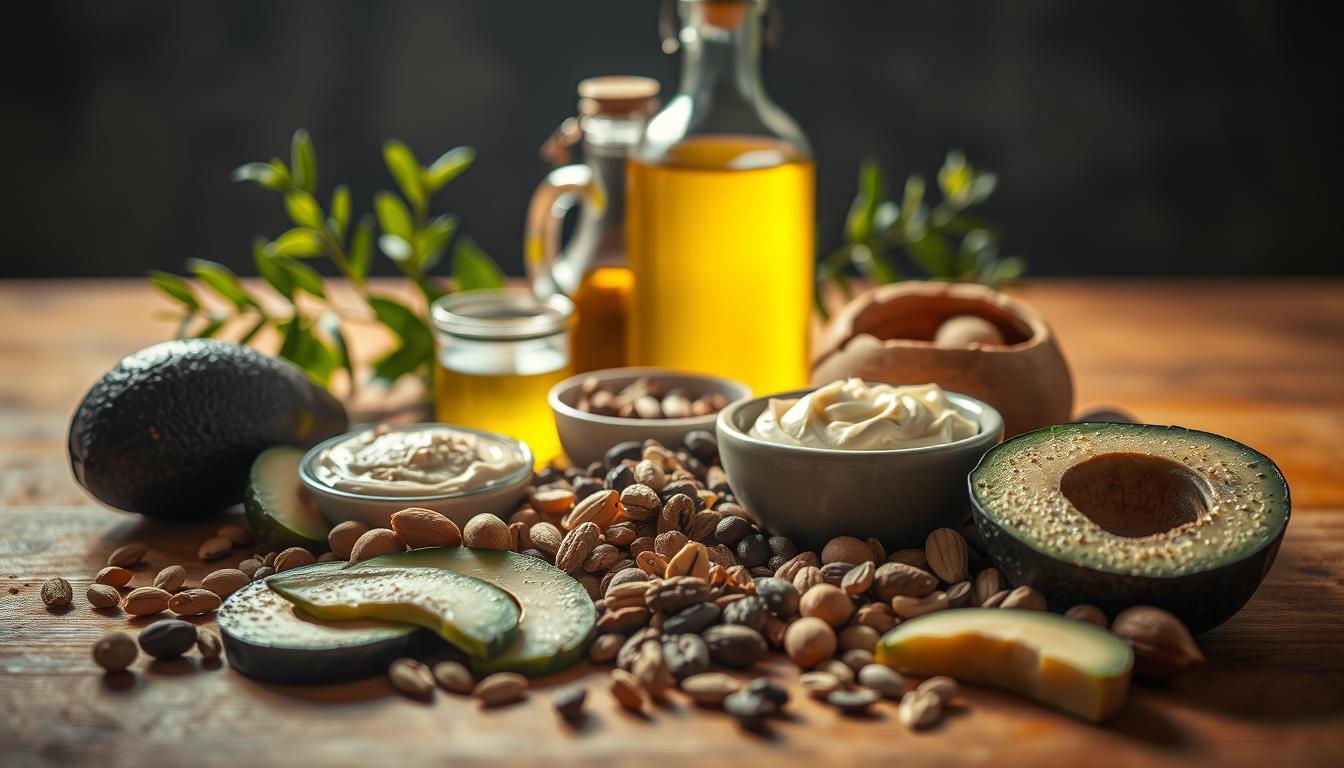

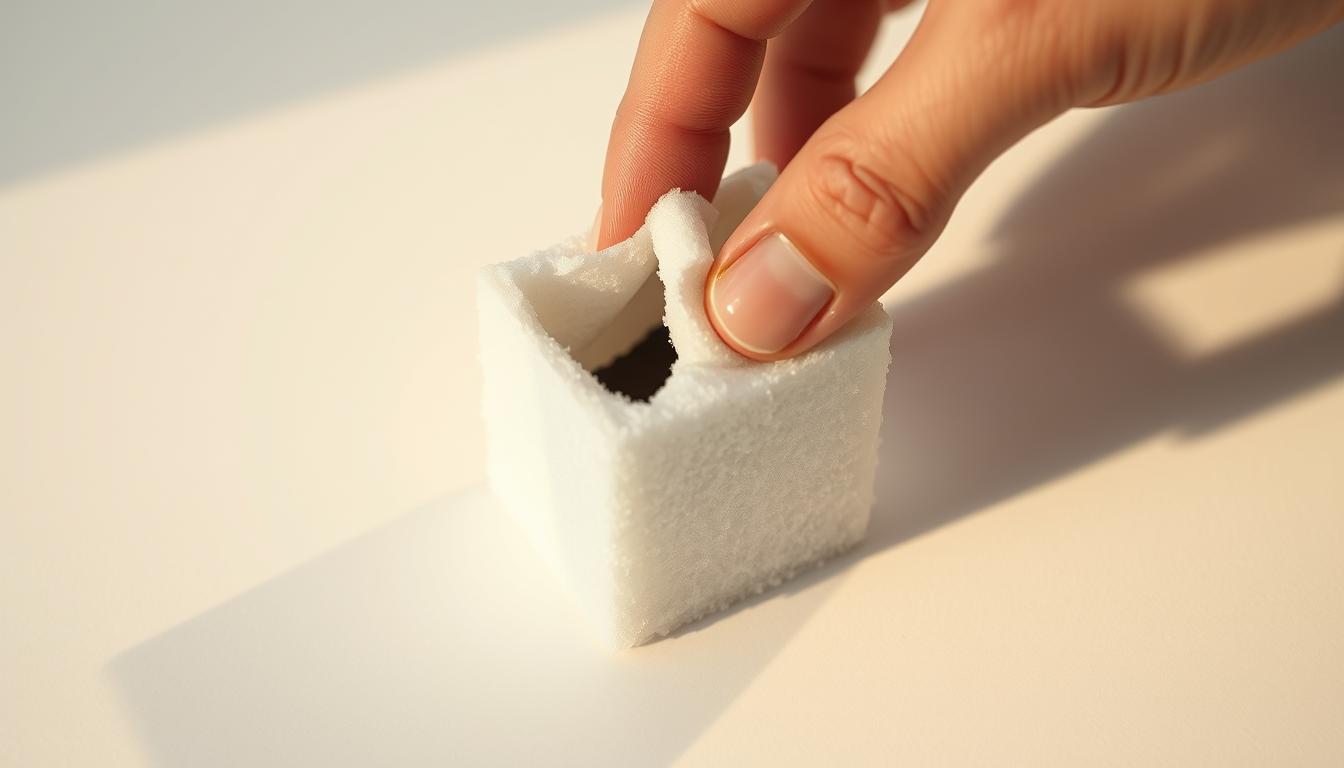


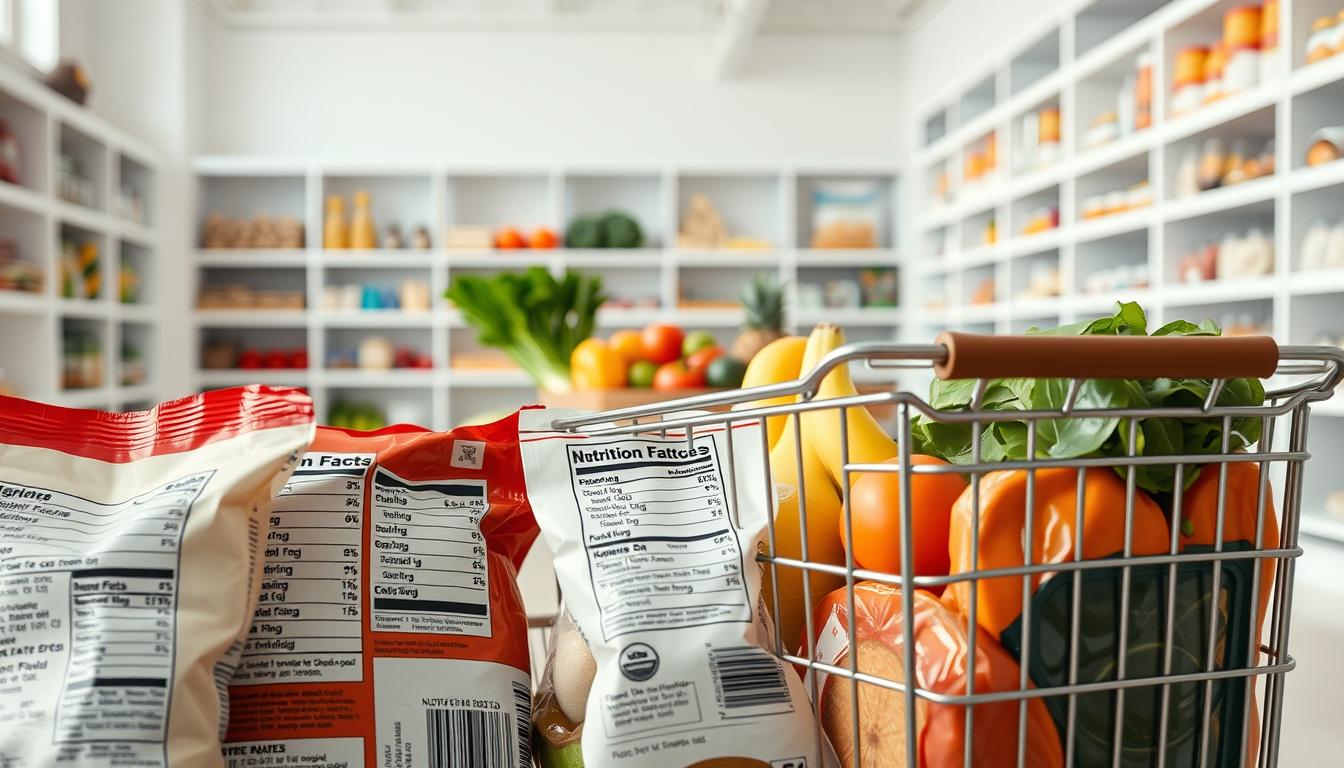
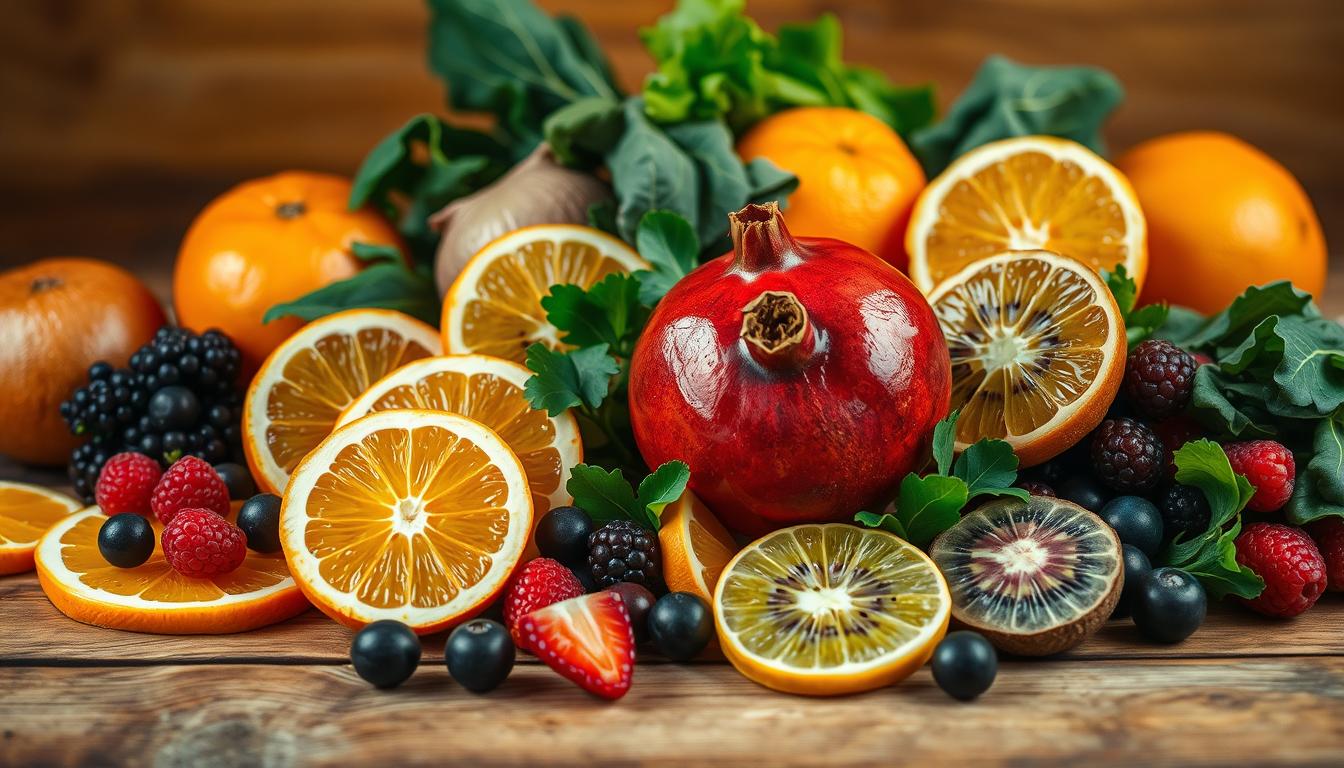










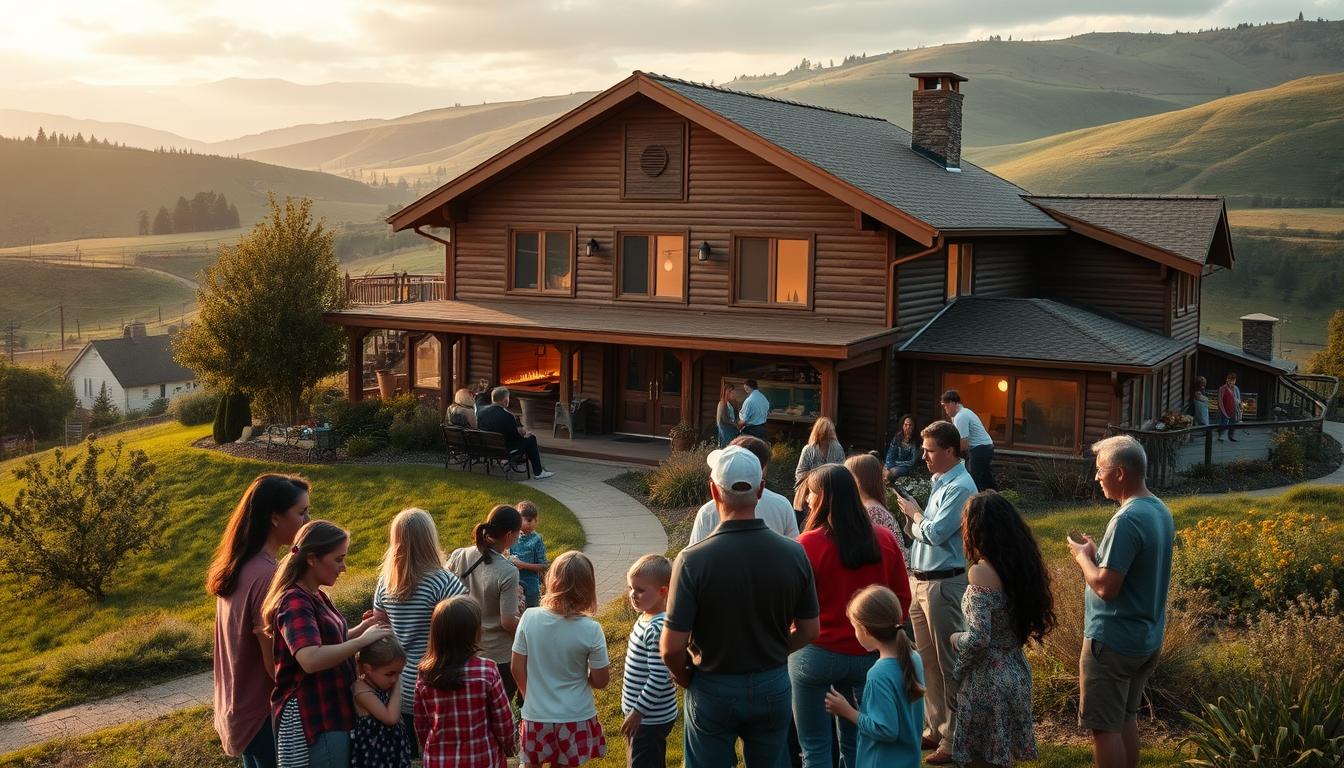





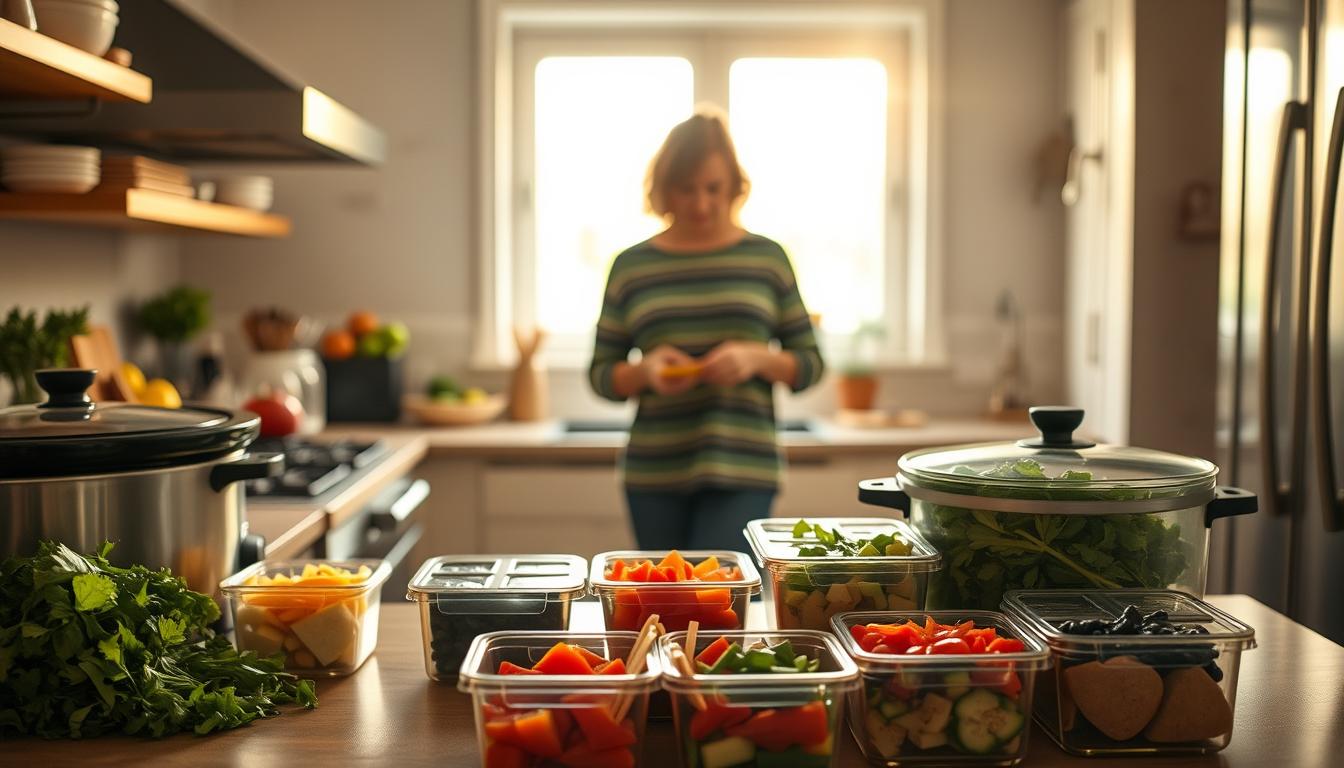
Product Showcase







